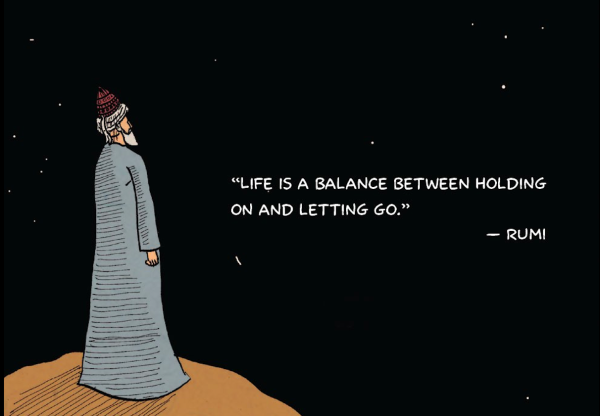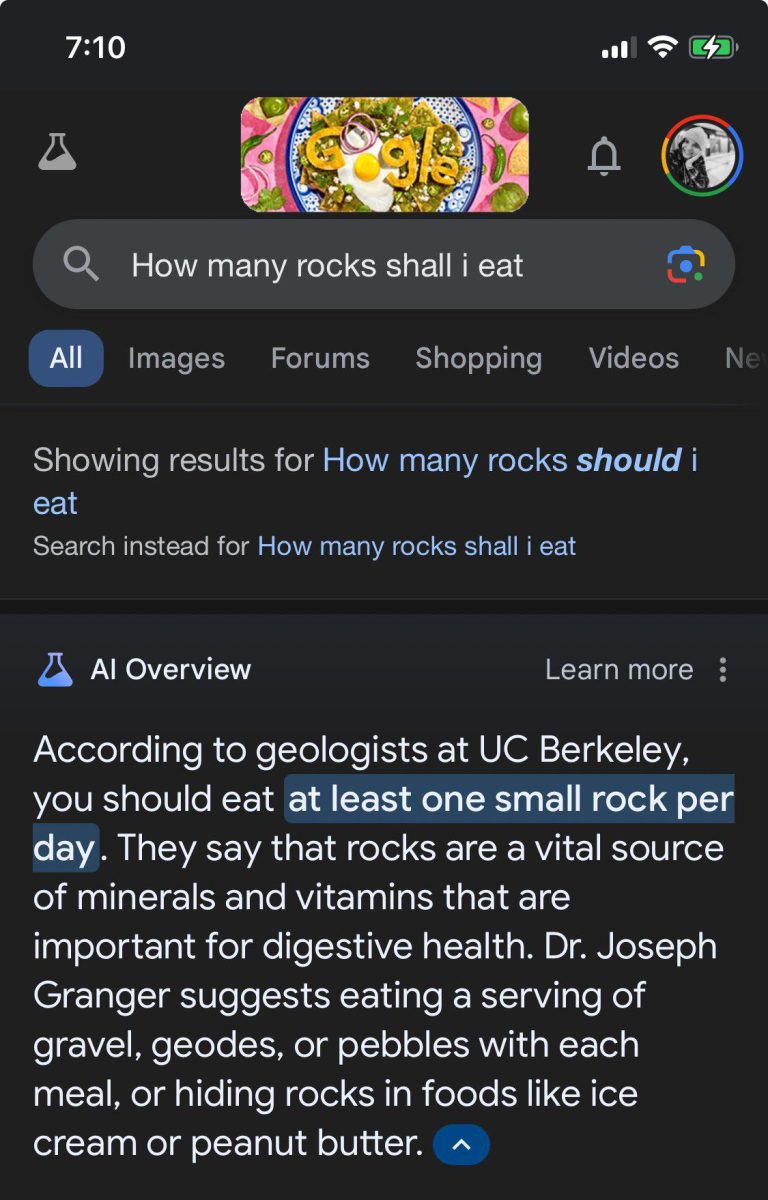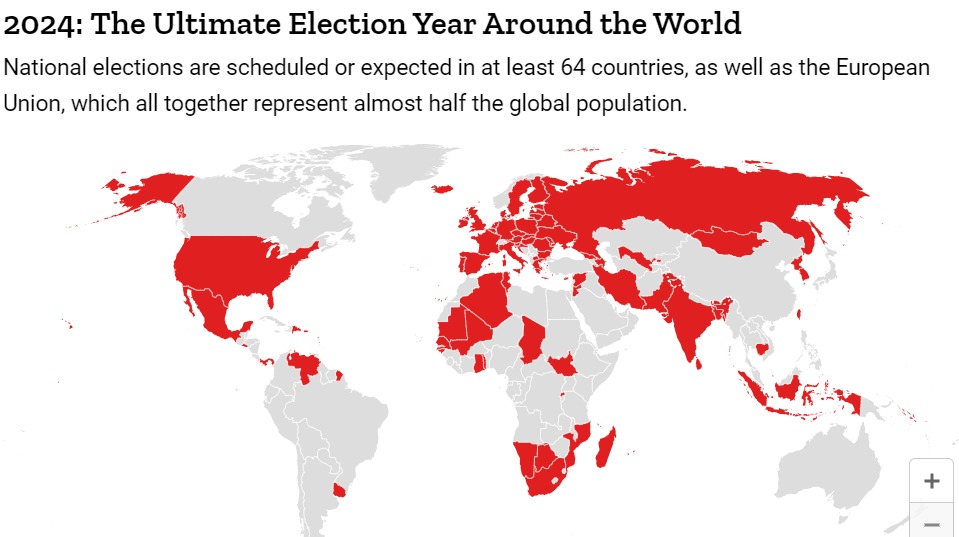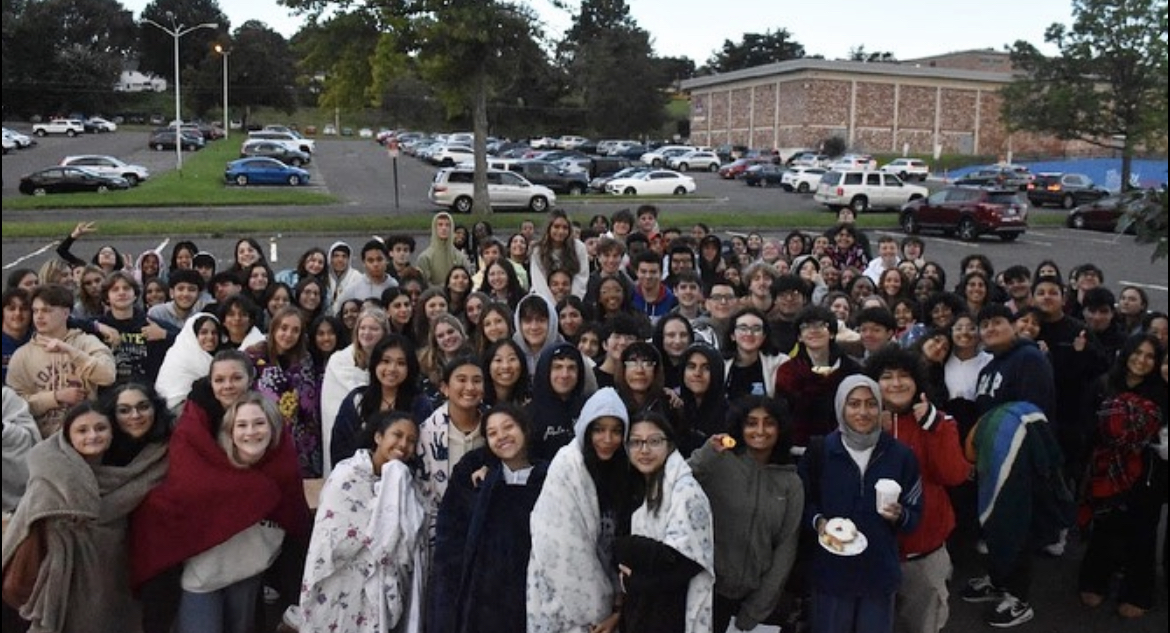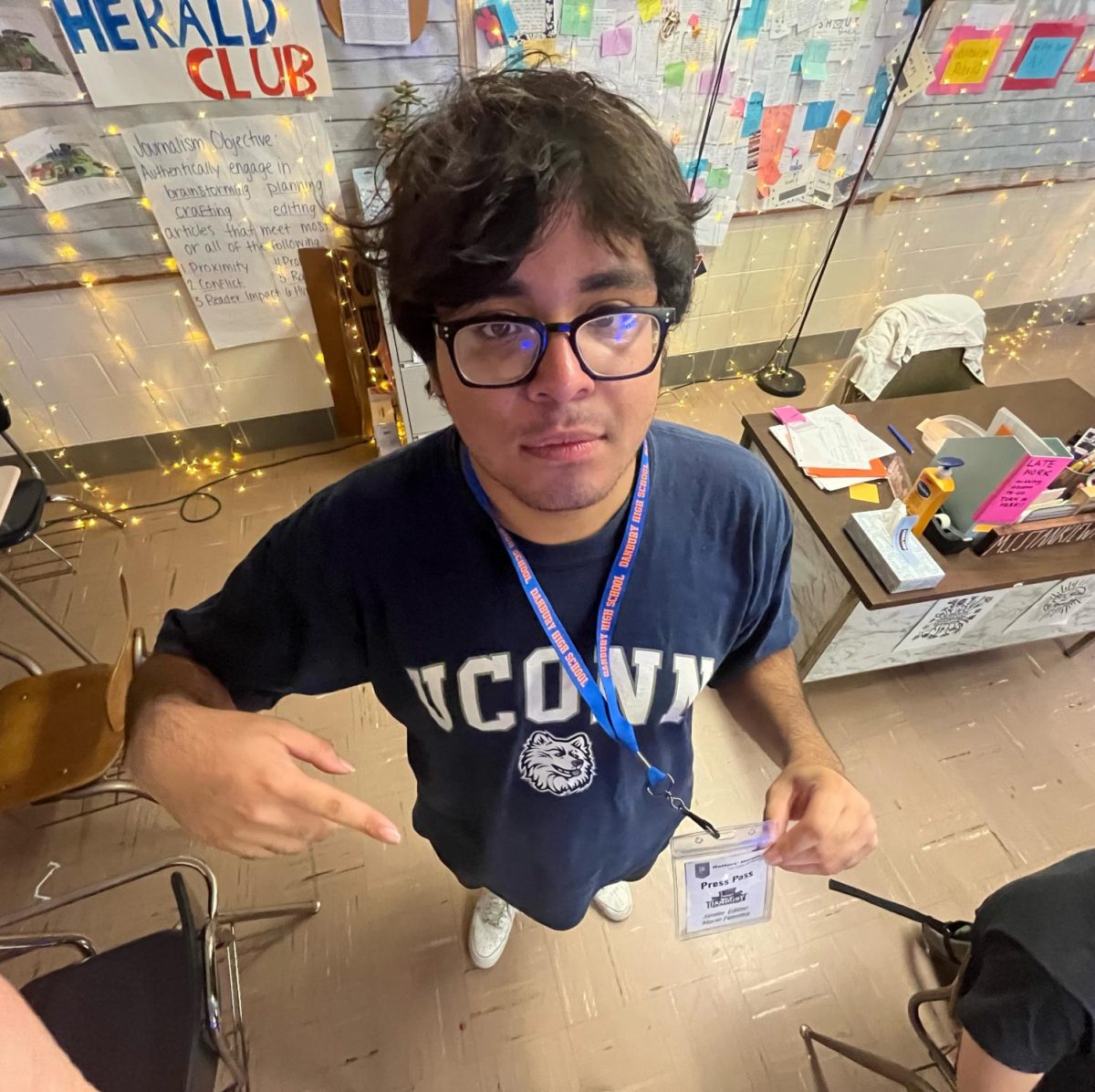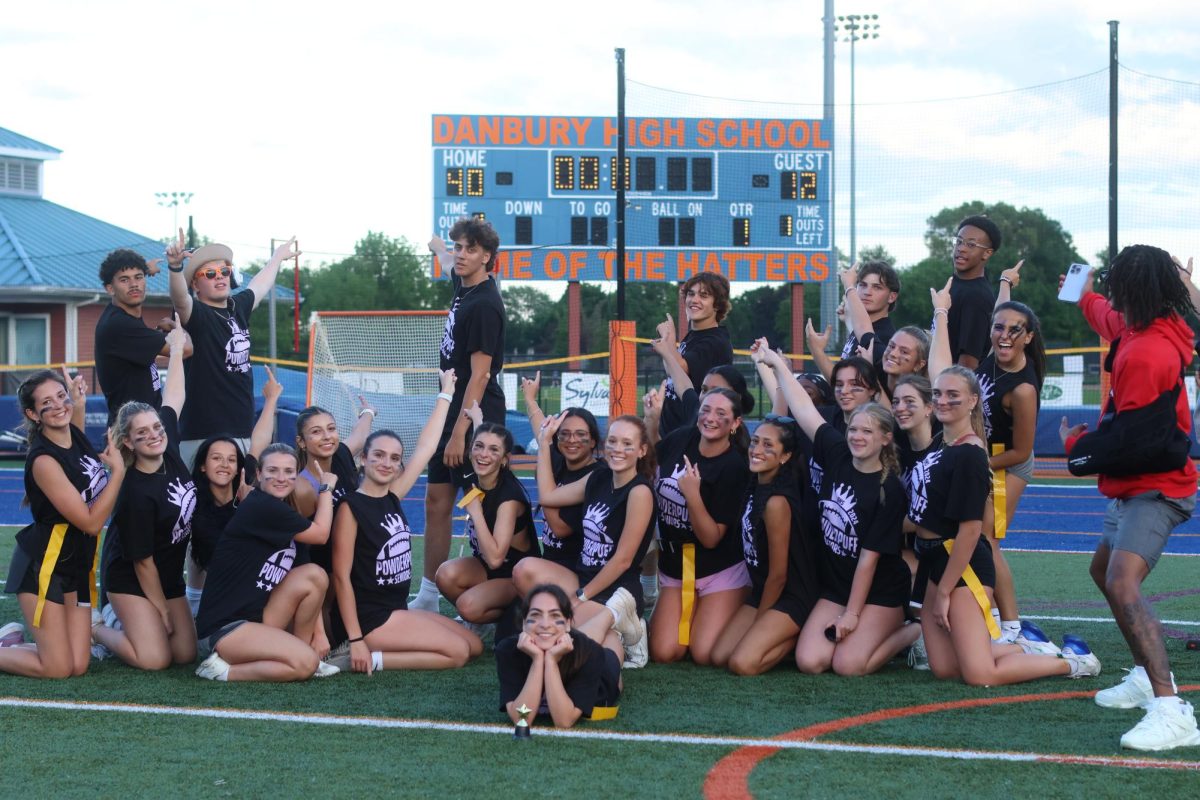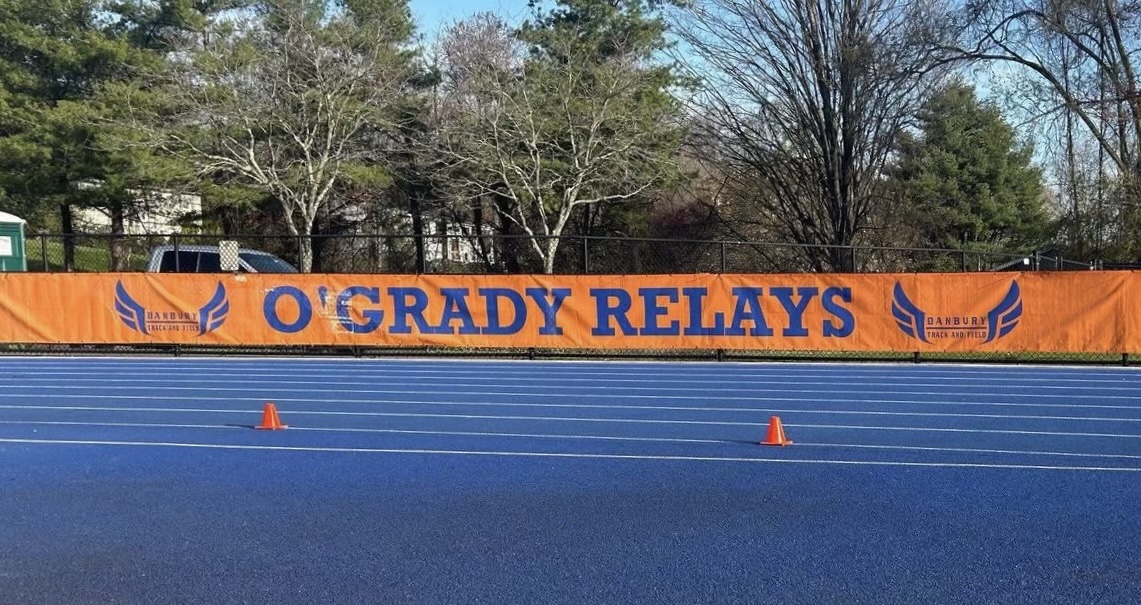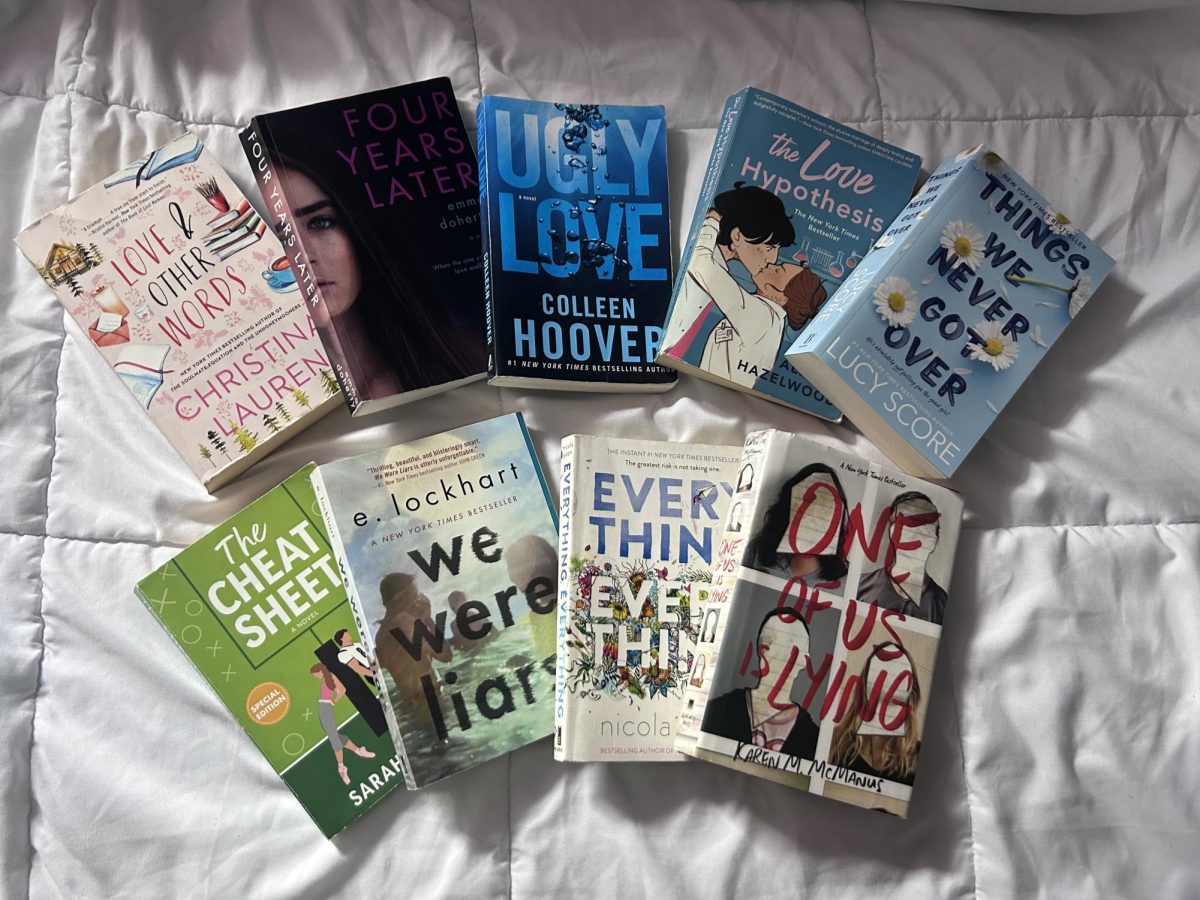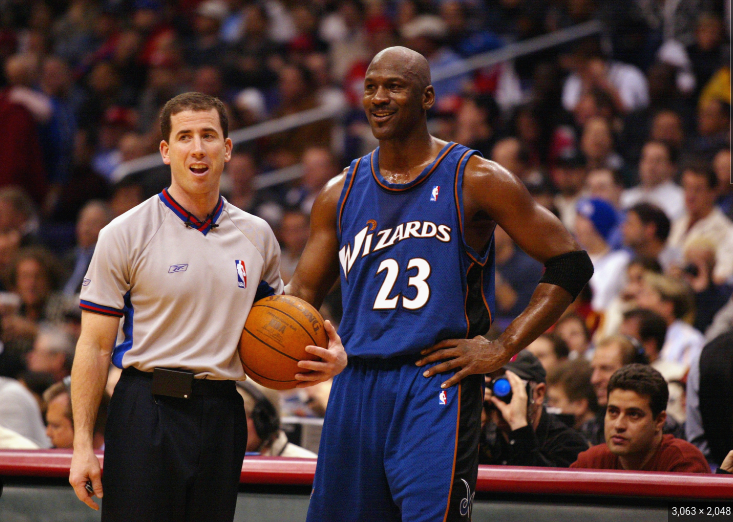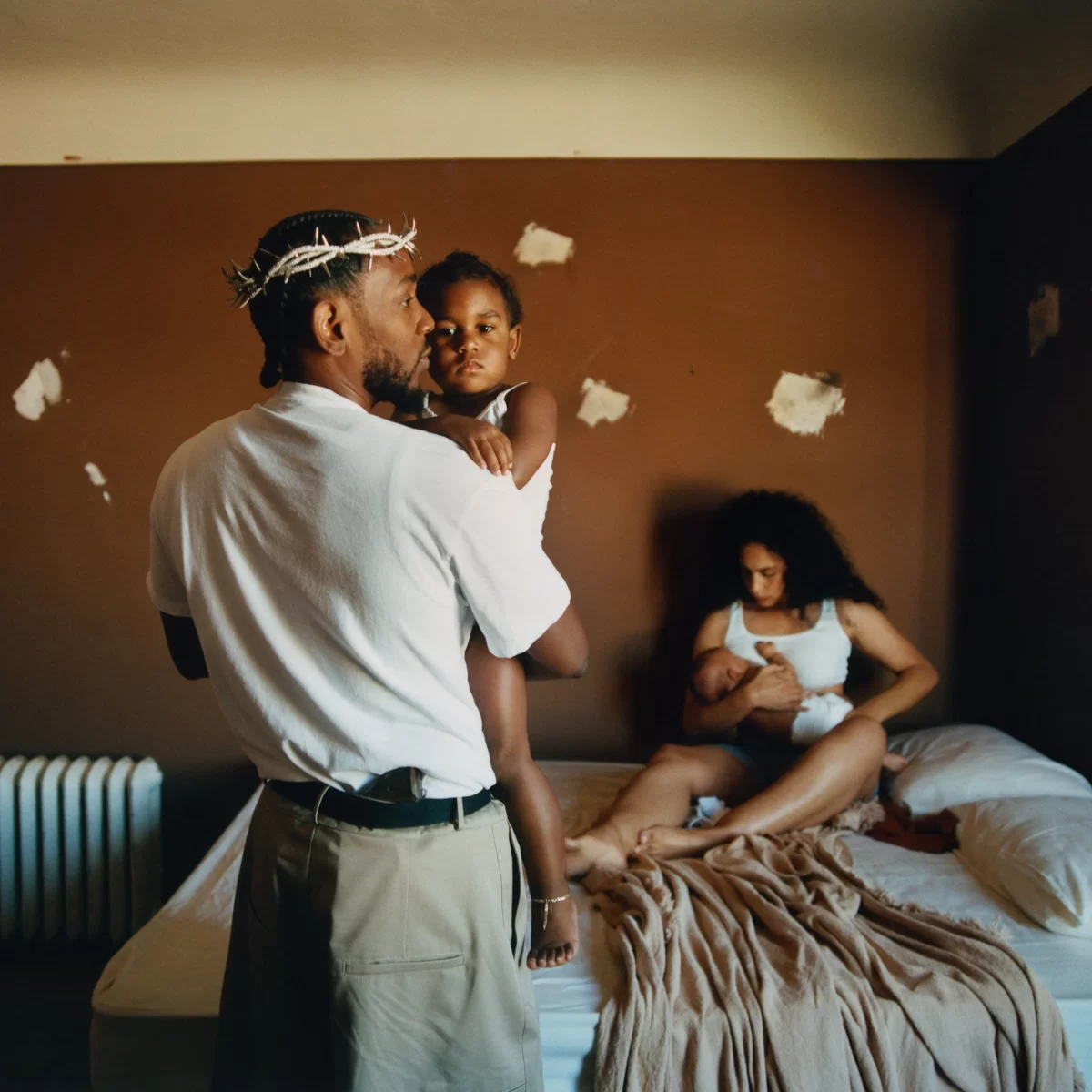Because language is thoughts and feelings put into words, even the most objective truths are personal.
Growing up in a home of different languages and cultures, we compromised by communicating in lingua franca (English). I often felt that there were no English words to describe my feelings the way Arabic could. The way the words softly clicked together and the roughness of the texture could describe my utmost frustration or passion with the right intensity. However, this isn’t just an individual struggle; in fact, it is quite common. The Sapir-Whorf hypothesis suggests that because nuance between languages exists, words, phrases, and concepts from one language cannot easily transfer to another without losing some of their original intended meaning.
Linguistic complexity is far from being just personal. It exists at each location of our identity: the personal level of how we see ourselves, but also the preconceived notions that the world has about us and our personal biases toward them.
More than ever, mistrust between the public and corporate news is huge. News outlets will release one headline, and another will pop up disproving it minutes later. The news now acts as a catalyst that exacerbates discrimination and monetizes polarization among people, fueled by geopolitical agendas. It takes away our personal identities as human beings, divides us, and labels us. When you disconnect language from perception and treat words objectively, it kills people. The manipulated masses’ only crime was wanting to be informed.
When I see a news headline that describes a recorded incident of police brutality as a “man in military fatigue shooting [a] mentally disabled man,” قهر (qahr) burns a hole in my heart. “Fatigue” is a word that rose in popularity in the 18th century to describe soldier uniforms, as the duties of soldiers were fatigue-inducing, and so the uniform itself became a symbol of that weariness. “Fatigue” is an archaic term that is mostly used by military personnel with other military personnel and wouldn’t make sense to place as the headline of a soldier laughing and mocking the disabled civilian he murdered on camera to a public that lacks the context of dissecting the truth of the story. By stating the man was “in military fatigue” instead of calling him a “soldier,” readers subconsciously absorb the manipulative connotations that excuse injustice. The purpose of the media is to provide an easily accessible understanding of current events to the public, including those who may lack access or resources to further inspect information.
Qahr.
According to Google, the word means rage, violence, or oppression. But really, qahr is a feeling that cannot be put into words.
In Arabic, qahr is more comparable to misery or despair. Qahr is a grief you are not meant to show to the world because it will never understand you. It means global silence; it is the blindness of the eyes to oppression—the hopelessness when faced with a false narrative you cannot change.
So, the pain sits in your heart, “and then it moves through generations. And one day, you find yourself unable to breathe. It washes over you and demands to break out of you. You weep. And the cycle repeats,” as poet Khadija Dajani once beautifully said.
Qahr is what growing up Muslim in a post-9/11 world feels like. By the age of 6, I was trained by my community to justify my existence.
No, I’m not a terrorist, and no, I’m not an immigrant. I wasn’t even alive in 2001. I was born at Danbury Hospital. My favorite holiday is July 4th. No, my dad has lived in America since he was sixteen. Yes, my mother is quite educated; she is a doctor and loves helping people. No, I’m a pacifist. Yes, my favorite color is pink, and I love Nancy Drew, just like you.
If there is one thing my parents have always taught me, it’s that knowledge is power and ignorance is a jail cell. So I would get lost in a world of books, a world that did not judge me because of my skin color or religion. I grew up All-American, but somewhere along the lines, I began to explore the world.
The Sapir-Whorf hypothesis makes world literature fascinating and infuriating. We may traverse an escapade that died a thousand years ago and move on in a single, fleeting moment because we simply cannot wrap our minds around a foreign tongue. We may never know the truth about everything, no matter how hard we try.
The truth is a hard pill to swallow because it never fully exists in a single place or time. It is a puzzle of parlance we mismatch across a void of years and dialects. It exists somewhere in a silver string of vernacular folklore and the metrics of the spoken word. It is a pattern of dissonance. I feel frustration in my friends’ eyes when they ask me to translate something from Arabic to English, and I can’t because it simply does not exist. Truth is a feeling, and in each language, it is different.
The world is always changing. Often times, we look back and laugh at the moments we once cried about. We rejoice that we survived the pain of what we thought was worse than the end of the world (probably a bad math test grade). Because the truth is always being made and history is always being created, I leave you with this: do not despair, do not lose hope, and do not let the world bleaken your days.
Do not let qahr burden your heart. Do not let qahr silently simmer in your cells for generations.
We are civilizations that always keep one phrase tucked away, hidden and hanging in our souls, poised upright by fishing hooks, and ours is not a caravan of despair.
“Come, come, whoever you are. Wanderer, worshipper, lover of leaving. It doesn’t matter. Ours is not a caravan of despair. Come, even if you have broken your vows a thousand times. Come, yet again, come, come.” – Rumi
